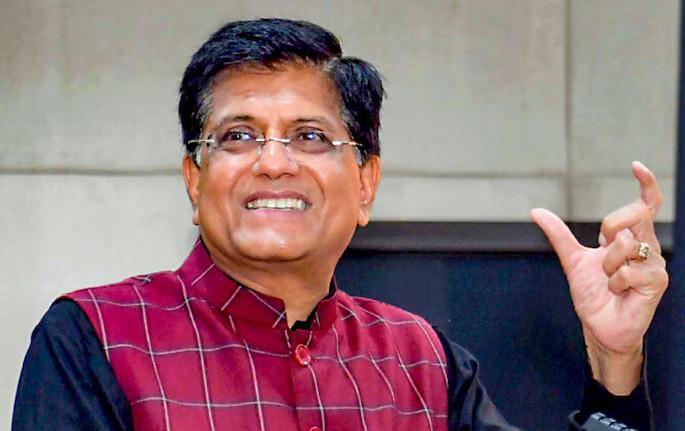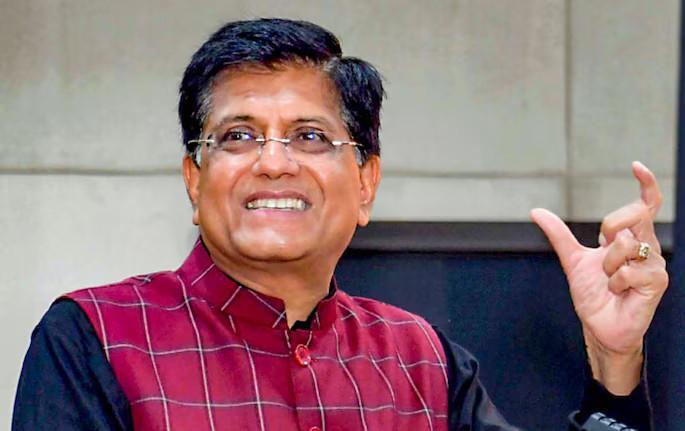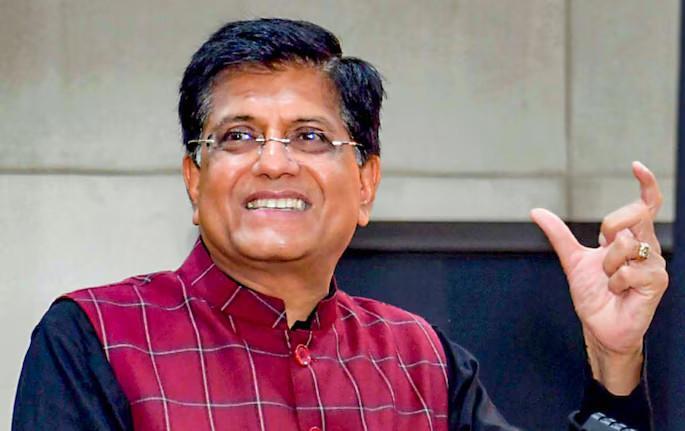
OpenAI & Elon Musk Agree to Fast-Track Trial Over For-Profit Model
In a significant development in the ongoing legal battle between Elon Musk and OpenAI, the two parties have agreed to fast-track a trial regarding OpenAI’s transition to a for-profit model. This decision comes after a court earlier denied Musk’s request to pause OpenAI’s transition to the model.
Last year, Musk sued OpenAI and its CEO Sam Altman, accusing the company of straying from its original goal of creating AI for humanity’s benefit. Musk, who is a co-founder of OpenAI, claimed that the company’s decision to shift to a for-profit model would undermine its mission and benefit shareholders at the expense of the public.
OpenAI, on the other hand, argued that the transition to a for-profit model was necessary to ensure the company’s long-term sustainability and to attract additional investment. The company pointed out that it had already achieved significant success in developing AI technologies, including the development of the highly advanced AI model, DALL-E.
The court filing, which was made public on March 15, 2025, reveals that the trial will be fast-tracked and is expected to begin in the coming months. The exact date of the trial has not been disclosed, but it is expected to be a highly publicized and closely watched event.
The disagreement between Musk and OpenAI dates back to 2023, when Musk announced that he would be stepping down as the chairman of OpenAI’s board. Musk claimed that he was leaving the company due to disagreements with the board over the direction of the company. However, it was later revealed that Musk had been at odds with OpenAI’s CEO, Sam Altman, over the company’s decision to shift to a for-profit model.
Musk’s lawsuit against OpenAI and Altman accuses the company of breaching its fiduciary duties and violating its own bylaws. Musk is seeking to have the court declare that OpenAI’s decision to transition to a for-profit model is invalid and to have the company revert back to its non-profit status.
OpenAI, on the other hand, has argued that Musk’s lawsuit is without merit and that the company has the right to make decisions about its own business model. The company has also pointed out that it has already received significant investment and has achieved significant success in developing AI technologies.
The fast-tracked trial is expected to be a major test for both parties, with the outcome potentially having significant implications for the future of AI development. The trial will also provide insight into the inner workings of OpenAI and its decision-making process.
In the meantime, the public is left to wonder what the implications of OpenAI’s transition to a for-profit model will be. Will the company’s focus on making a profit lead to a shift away from its original mission of developing AI for the benefit of humanity? Only time will tell.






